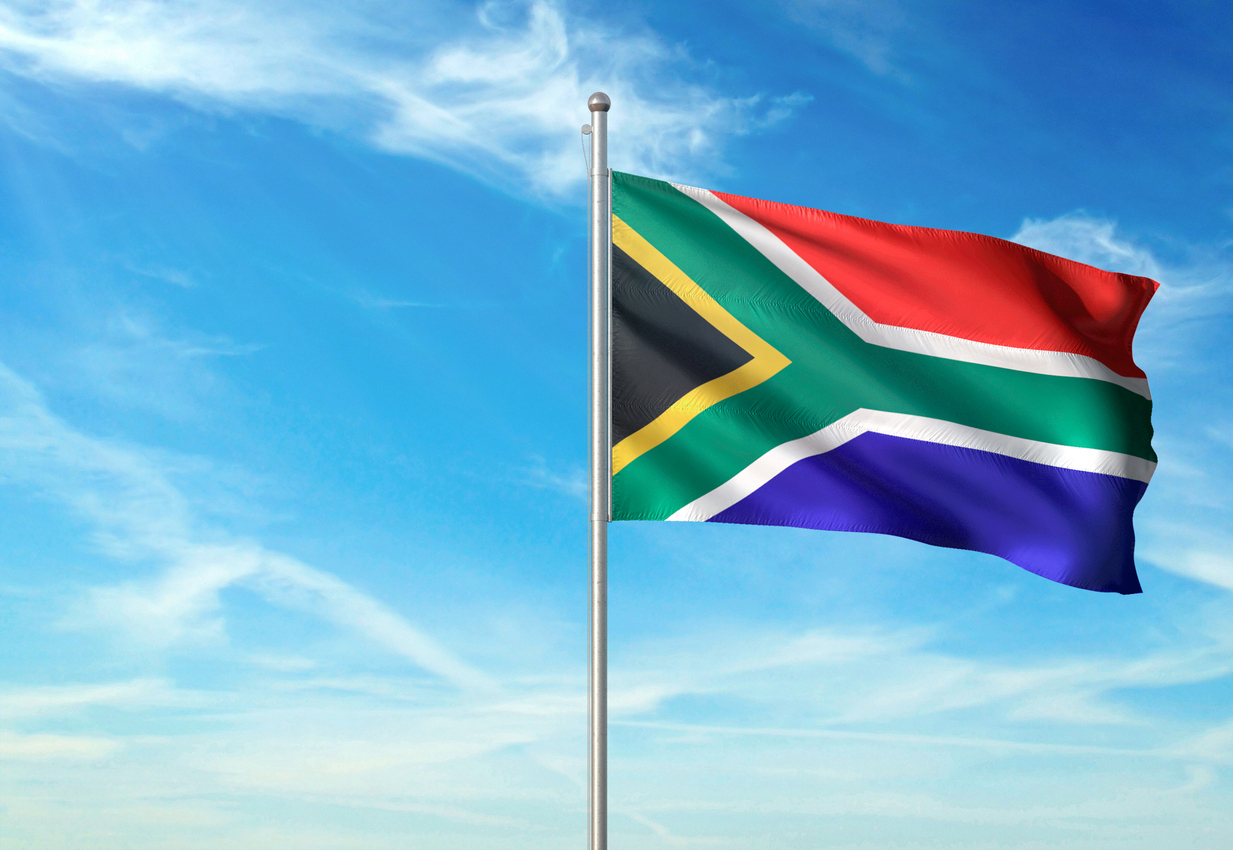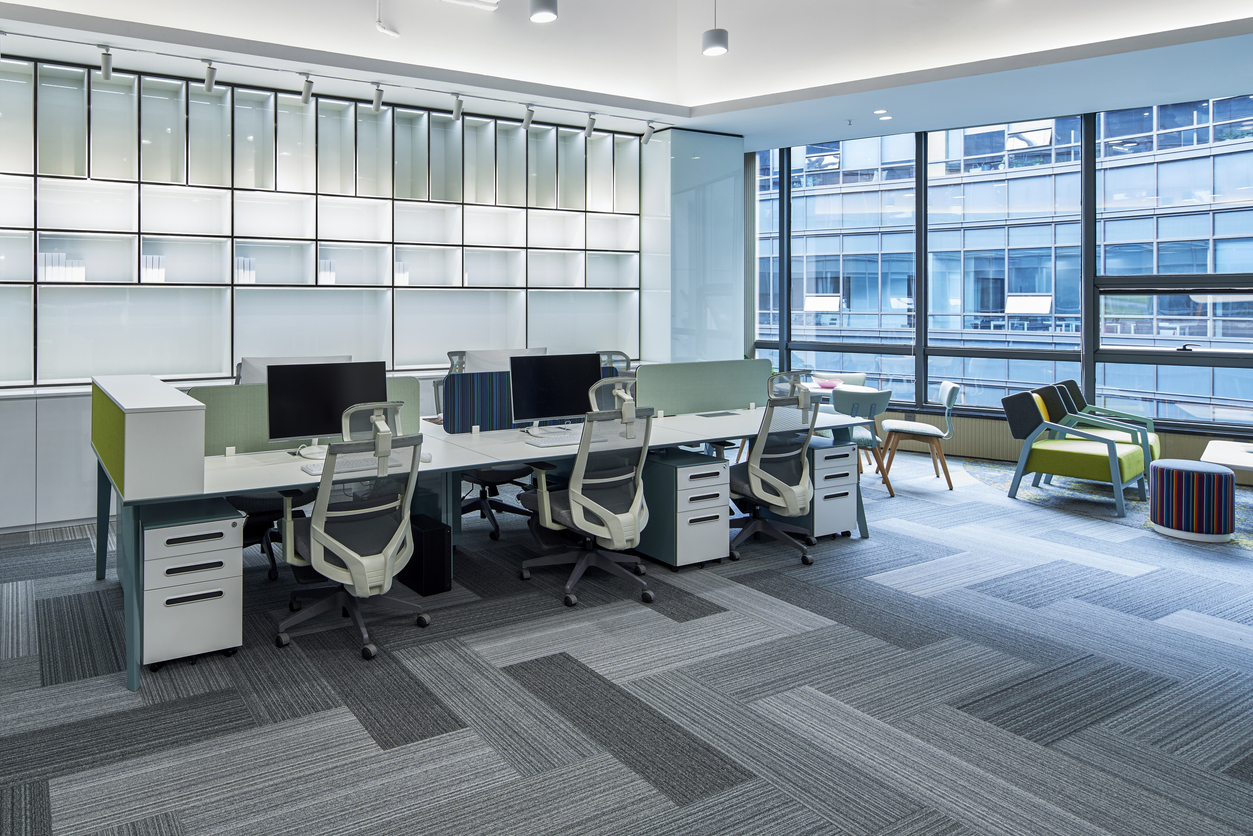How to Ship Goods from Mozambique to South Africa
How to Ship Goods from Mozambique to South Africa
With so many different modes of shipping available, it can be a challenge to know which one is right for you. In order to make informed decisions, it’s important to understand the pros and cons of each option. Shipping goods from Mozambique to South Africa is no different. There are multiple ways to do this, but not all of them are cost-effective or efficient. It helps to know the different services and their benefits before choosing one over another. Read on to learn more about shipping goods from Mozambique to South Africa and the pros and cons of the most common methods.
By road
There are various land-based transport methods available for shipping goods from Mozambique to South Africa. The most common is by road. A typical road transport journey begins with your goods being loaded onto a truck at the port of departure. From there, the truck will travel to the border crossing between the two countries. Once the truck is at the border, the goods will be taken off the truck and inspected by customs agents. After being cleared, your goods will be loaded onto another truck that will take them to their final destination.
By sea
Shipping goods by sea is one of the most common methods for shipping goods from Mozambique to South Africa and is often the cheapest method as well. Depending on the shipping method that you choose, ocean shipping can be very reliable, but it is also time-consuming when compared to other shipping methods. While the cost of your ocean shipping journey will depend on a variety of factors, the most important is the type of vessel used to transport your goods. Most vessels used for shipping goods are either Ro/Ro or Lo/Lo vessels. Ro/Ro vessels are specially designed to handle wheeled and palletized cargo while Lo/Lo vessels are designed for containers. Depending on the type of vessel you choose, your goods can be handled by a single crew member or a large team. It’s important to note that some types of vessels are designed to transport both passengers and cargo, which can slow down the transit time. Another thing to keep in mind is that some ports in South Africa require that all vehicles be decontaminated before being allowed into the country. If this is the case for the port where your goods will be unloaded, you’ll need to factor in additional time for decontamination.
By air
Shipping goods via air is a more expensive option, but it’s also one of the fastest ways to get them from Mozambique to South Africa. Depending on the carrier you choose, air freight can be either very reliable or highly unreliable. Make sure you choose a reputable carrier with a good track record to reduce your risk of incurring damages and delays. You’ll also need to choose a shipping method. There are three types of air freight shipments: Standard Air Freight (SAF), Air Courier, and Ex-Works. SAF is the most popular option and is used for shipments that need to be delivered quickly. This method is generally used for smaller shipments and items that are easy to handle. It’s important to note that SAF shipments are not insured against damage. If you are shipping fragile or valuable goods, you’ll want to use an Air Courier or Ex-Works shipment instead. Both of these methods are insured against damage, but they cost more than SAF shipments.
Customs clearance services
If you don’t have the expertise or the time it takes to properly clear your goods through customs, you can choose to use a customs clearance service. These services are offered by a wide range of companies, including customs brokers and logistics providers. Whether you use a customs broker or a logistics provider, you’ll be required to pay a fee for their services. Depending on the level of service you choose, the costs of using a customs clearing service can vary from a few hundred to a few thousand dollars. The benefits of using a customs clearing service are that you don’t have to worry about messing up and you don’t have to hire an expert to help you do it. The downside is that you’ll have to pay a fee for their services.
By rail
If you are shipping large cargo items like machinery or auto parts, you may want to consider shipping by rail. When shipping by rail from Mozambique to South Africa, you have two options: standard-gauge and narrow-gauge. Standard-gauge is the most common rail transport method. With this method, your cargo is loaded onto a rail car that is then transported to its destination via rail. Standard-gauge rail shipping can be very slow and expensive. Narrow-gauge rail shipping, on the other hand, is much quicker and cheaper than standard-gauge. The downside is that your cargo must be specially constructed to fit into a narrow-gauge rail car.
Conclusion
Shipping goods from Mozambique to South Africa can be challenging because of the distance between the two countries. There are various modes of transport that can be used to move your goods, each with their own set of benefits and challenges. It’s important to understand the pros and cons of each option before choosing one over another.








LEAVE A COMMENT
You must be logged in to post a comment.